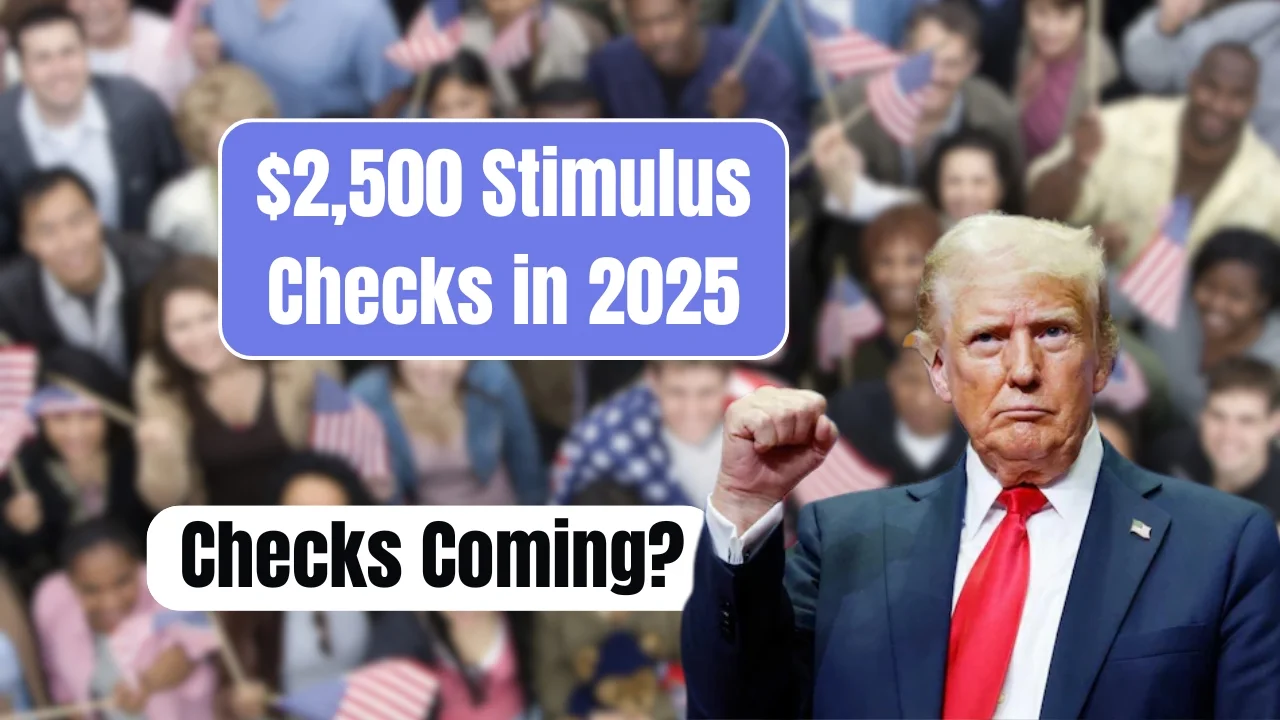As of April 2025, there is no official confirmation from the U.S. government or the IRS regarding the distribution of $2,500 Stimulus Checks. While rumors and speculation have been circulating, no verified sources have announced an approved payment plan. However, discussions about possible economic relief measures continue.
Are $2,500 Stimulus Checks Coming?
Reports about $2,500 Stimulus Checks have raised expectations, but the IRS has not issued any official statements confirming such payments. Historically, stimulus checks have been distributed during financial crises or economic slowdowns, such as the COVID-19 pandemic. While some experts believe new relief measures could be introduced, there is no legislation or formal decision at this time.
Many of the circulating claims about $2,500 Stimulus Checks originate from unofficial sources. The IRS advises people to rely on its official website or government announcements to avoid misinformation.
Eligibility Criteria if Approved
If the $2,500 Stimulus Checks are approved, eligibility would likely follow similar guidelines to past stimulus payments.
- Income Limits: Single filers with an Adjusted Gross Income (AGI) of $75,000 or less may qualify for the full amount. The payment could phase out completely for those earning above $125,000.
- Married Couples: Joint filers with an AGI of $150,000 or less may receive the full amount, with a phase-out limit of $200,000.
- Heads of Household: Those earning $112,500 or less may qualify, with phase-outs beginning at $162,500.
Residency status and tax filing history could also determine eligibility. U.S. citizens and qualified resident aliens with a valid Social Security Number (SSN) would likely qualify. Dependents, Social Security recipients, and veterans may also be eligible under special provisions.
Who Might Receive the Payment?
If the $2,500 Stimulus Checks are approved, payments would likely be distributed automatically to eligible individuals based on their tax records. This means:
- Social Security recipients could receive payments even if they do not typically file tax returns.
- Veterans may qualify through their VA benefits records.
- Low-income households and families with children under 17 could receive additional assistance.
- Mixed-status families, where some members have SSNs and others use Individual Taxpayer Identification Numbers (ITINs), might qualify for partial payments.
Those who meet the eligibility criteria would not need to apply separately, as the IRS would use tax return data from 2023 or 2024 to determine qualification.
Why Are People Talking About New Stimulus Checks?
Discussions about economic relief have been fueled by inflation concerns, rising costs of living, and the financial struggles faced by many Americans. Some lawmakers have proposed stimulus payments to help ease financial burdens, but no official bill has been passed to support $2,500 Stimulus Checks at this time.
Past stimulus checks were introduced during times of economic downturn to boost consumer spending and provide relief to struggling households. While new economic measures may be introduced in 2025, no government agency has confirmed plans for another direct payment.
How to Avoid Scams and Misinformation
With growing speculation, scammers may try to take advantage of the situation. People should be cautious of:
- Unverified emails or messages claiming to offer early access to stimulus payments.
- Fake websites asking for personal information.
- Social media posts spreading misleading or false claims.
To get accurate information, individuals should only refer to official sources such as the IRS website or government announcements.
Final Thoughts
While many Americans hope for $2,500 Stimulus Checks, there is no official confirmation that such payments will be issued. If approved, eligibility would likely depend on income levels, tax filing status, and residency. For now, the best course of action is to stay updated through official government sources and be cautious of misinformation.
